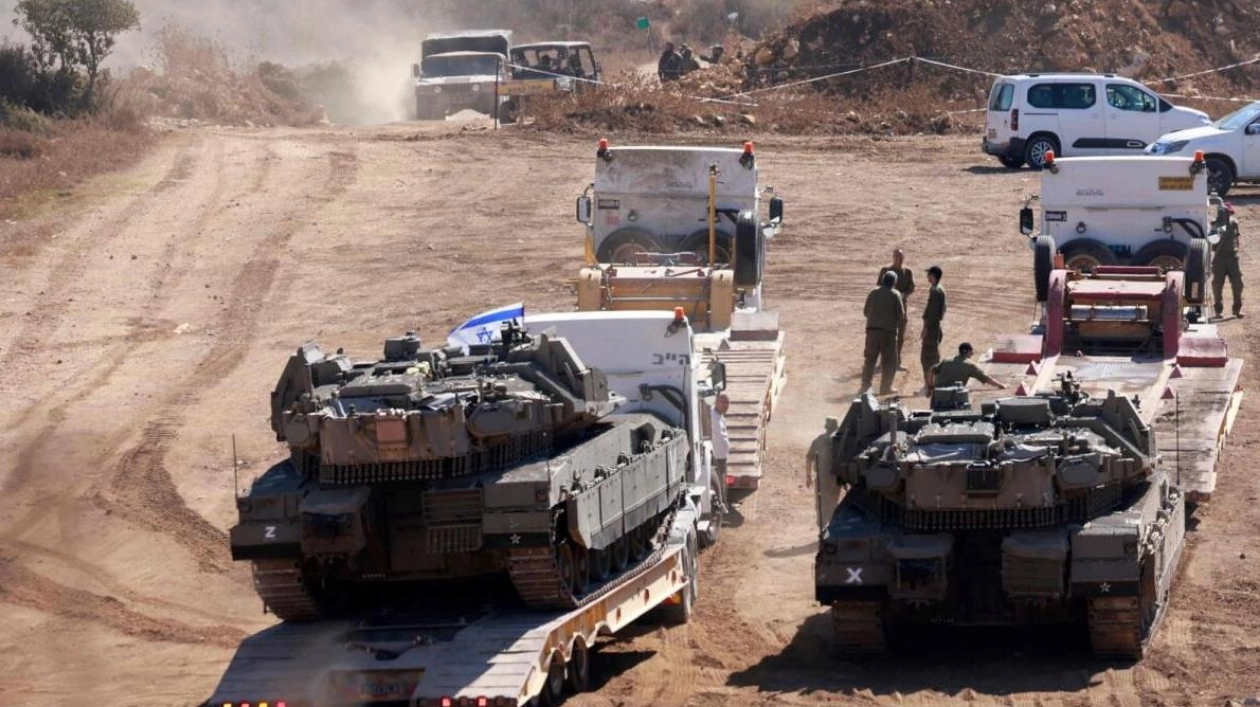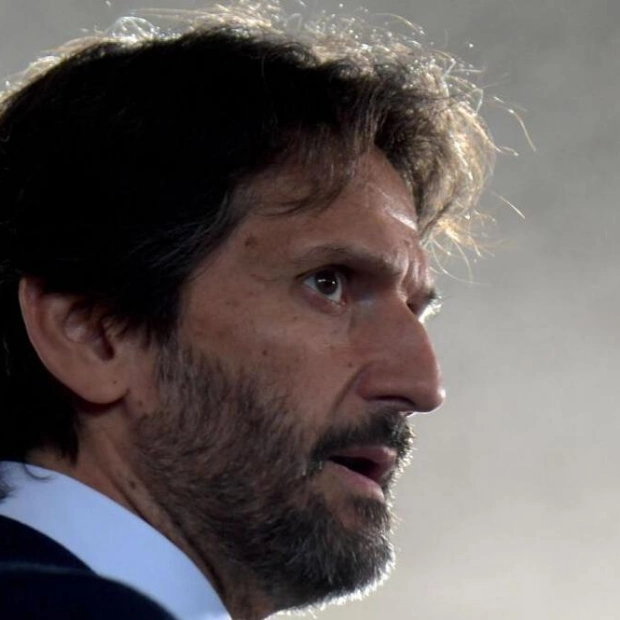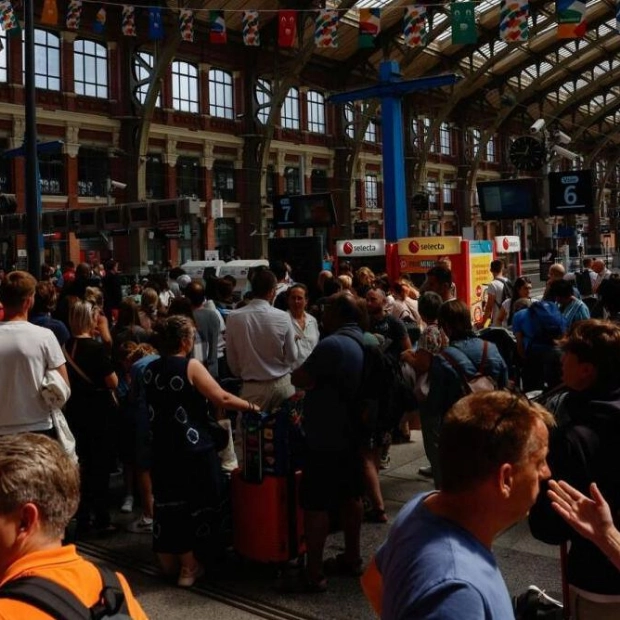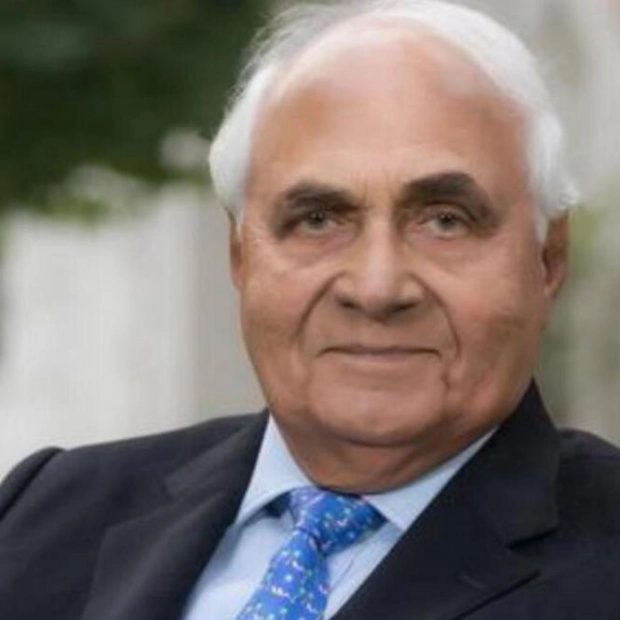Israel announced that commando and paratroop units conducted raids into Lebanon on Tuesday as part of a "limited" invasion. Meanwhile, Iran-backed Hezbollah claimed to have fired a barrage of missiles into Israel, targeting its spy agency near Tel Aviv.
The Israeli security official stated that the raids in southern Lebanon, which commenced overnight, were limited and did not extend far beyond the border. No direct confrontations with Hezbollah fighters were reported.
This recent escalation has sparked international concern. British Foreign Secretary David Lammy urged Israel to avoid repeating past mistakes and not to become entangled in a protracted conflict in Lebanon, fearing the conflict could spread across the region.
The Israeli raids follow intense airstrikes that have significantly impacted Hezbollah's leadership, including the assassination of its chief Hassan Nasrallah in Beirut last week. Israel also launched two attacks on Beirut on Tuesday afternoon, targeting the southern suburbs and the city's southern entrance, according to security sources.
A high-rise building in the city's Jnah area was hit. The Israeli military confirmed it was targeting the Lebanese capital with a "precise strike." The ground raids are aimed at Hezbollah strongholds along the border that pose a threat to Israel, not against the Lebanese people.
The military announced the call-up of four additional reserve brigades for operations on the northern border with Lebanon. Residents in southern Lebanon evacuated on Monday and Tuesday as Israeli strikes approached.
At least 600 people sought refuge in a monastery near the southern Lebanon border after their Christian village of Ain Ebl received a warning from the Israeli military. An Israeli military spokesman warned residents of Ain Ebl and at least 20 other towns to evacuate immediately, as the military planned to attack houses used by Hezbollah.
A Hezbollah spokesperson stated that while Israeli forces had not yet entered Lebanese territory, Hezbollah was prepared for direct clashes if they did. Two Lebanese security sources confirmed that Israeli units had crossed into Lebanon overnight for reconnaissance and probing operations.
Hezbollah announced it had fired the "Fadi 4" at military positions in the suburbs of Tel Aviv, Israel's commercial capital. This marks the fourth iteration of a series with progressively larger payloads and longer ranges that Hezbollah has been using in recent weeks.
The group also targeted the headquarters of Israel's Mossad intelligence agency and a military intelligence unit on the outskirts of Tel Aviv. Israel's ambulance service reported two people injured by shrapnel from the missile barrage, and traffic was disrupted by a missile that fell onto a highway near the town of Kfar Qasim east of Tel Aviv.
Lebanon is facing one of the most perilous stages in its history, according to caretaker Prime Minister Najib Mikati. During a meeting with UN organizations and ambassadors of donor countries, a joint appeal was made for over $400 million in aid to address the escalating hostilities.






